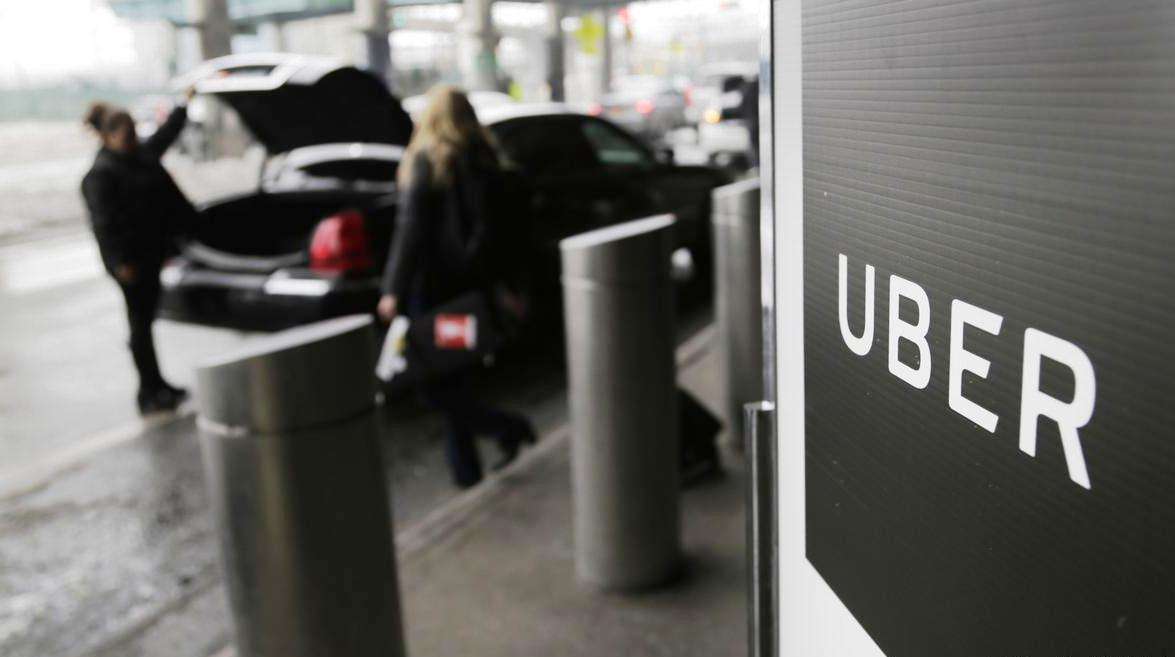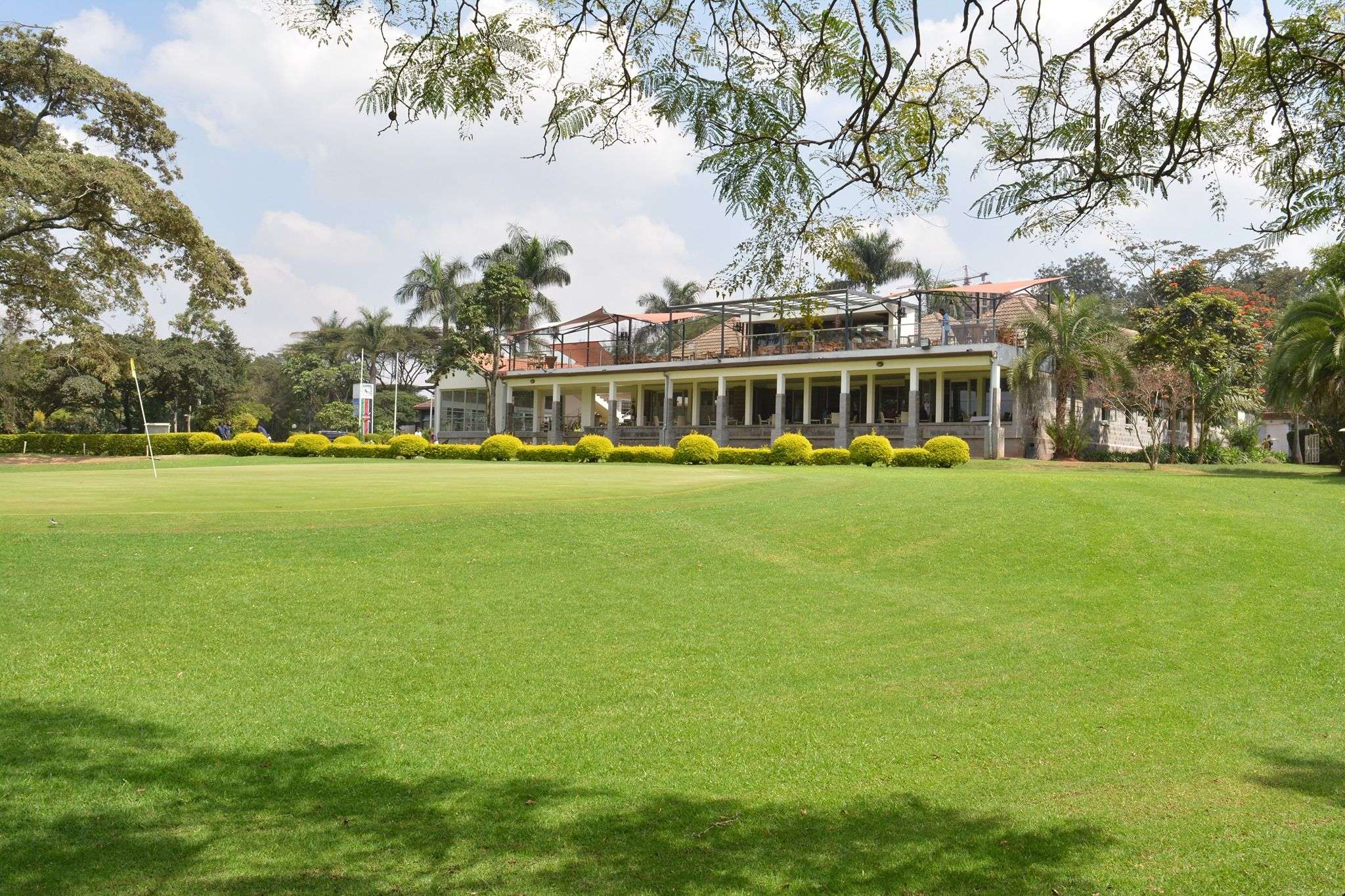Unless there is a serious reason to the contrary, the court must adhere to the parties’ arrangement. ‘There is a contractual undertaking that should be honored unless there is a significant reason not to.’ It is necessary to honour the parties’ contract according to the principle that a contractual commitment should be kept unless there is a significant reason not to do so-High court judge, David Majanja
The Kenyan Uber taxi drivers have been referred to an arbitration process in what may seem like a setback for the operators. They had sought to avoid the mediation approach due to the high expenses involved.
High court judge, David Majanja postponed the trial pending its transfer to an arbitrator. Uber imposed the service agreements on drivers that are now a source of dispute, the drivers had objected to the arbitration, arguing that the arbitration process was too costly and would eliminate a suitable and convenient forum for resolving the case. Despite this, Justice Majanja agreed with the plaintiffs.
Kanuri Ltd, a public transportation company, and other taxi drivers filed a lawsuit in September 2016, arguing that Uber had breached a contract by reducing the fare from Ksh.60 per kilometre to Ksh.35 and the minimum charge from Ksh.300 to Ksh.200.
Other plaintiffs are the taxi owners association, PSVs, and owners of other passenger service vehicles in Nairobi. They claimed that despite the fare reduction, Uber kept its 25% fee on each transaction in force, forcing the drivers to absorb all operational costs. They accused Uber of engaging in anti-competitive practices and breaching the Competition Act. The plaintiffs further alleged that what Uber had engaged in was a breach of contract, exploitation, keeping secrets, conspiring, and breaking the law. In their request to the court, the plaintiffs asked that the fare reduction be declared unlawful, unsustainable, and in defiance of regional market conditions, thus unfair and harsh.
The order also sought to oblige Uber to restore the fare rates to Ksh.60 per kilometre and the minimum fare of Ksh.300, with immediate effect, but according to Justice Majanja, the drivers’ failure to deny that they had executed Service Agreements with Uber, which has an arbitration clause, wasn’t a valid reason for referring the matter to arbitration. The agreement specifies that the governing law for their partnership is Dutch law.
Unless there is a serious reason to the contrary, the court must adhere to the parties’ arrangement, the judge said. ‘There is a contractual undertaking that should be honored unless there is a significant reason not to.’ It is necessary to honour the parties’ contract according to the principle that a contractual commitment should be kept unless there is a significant reason not to do so.




